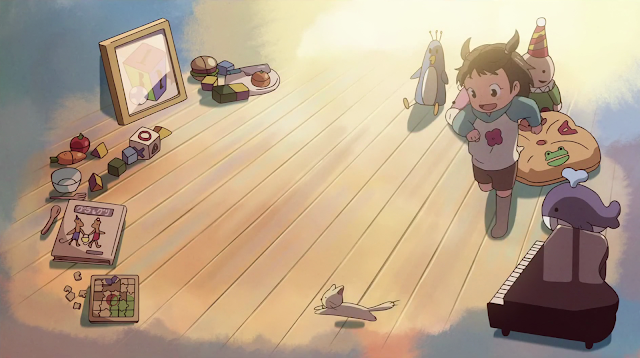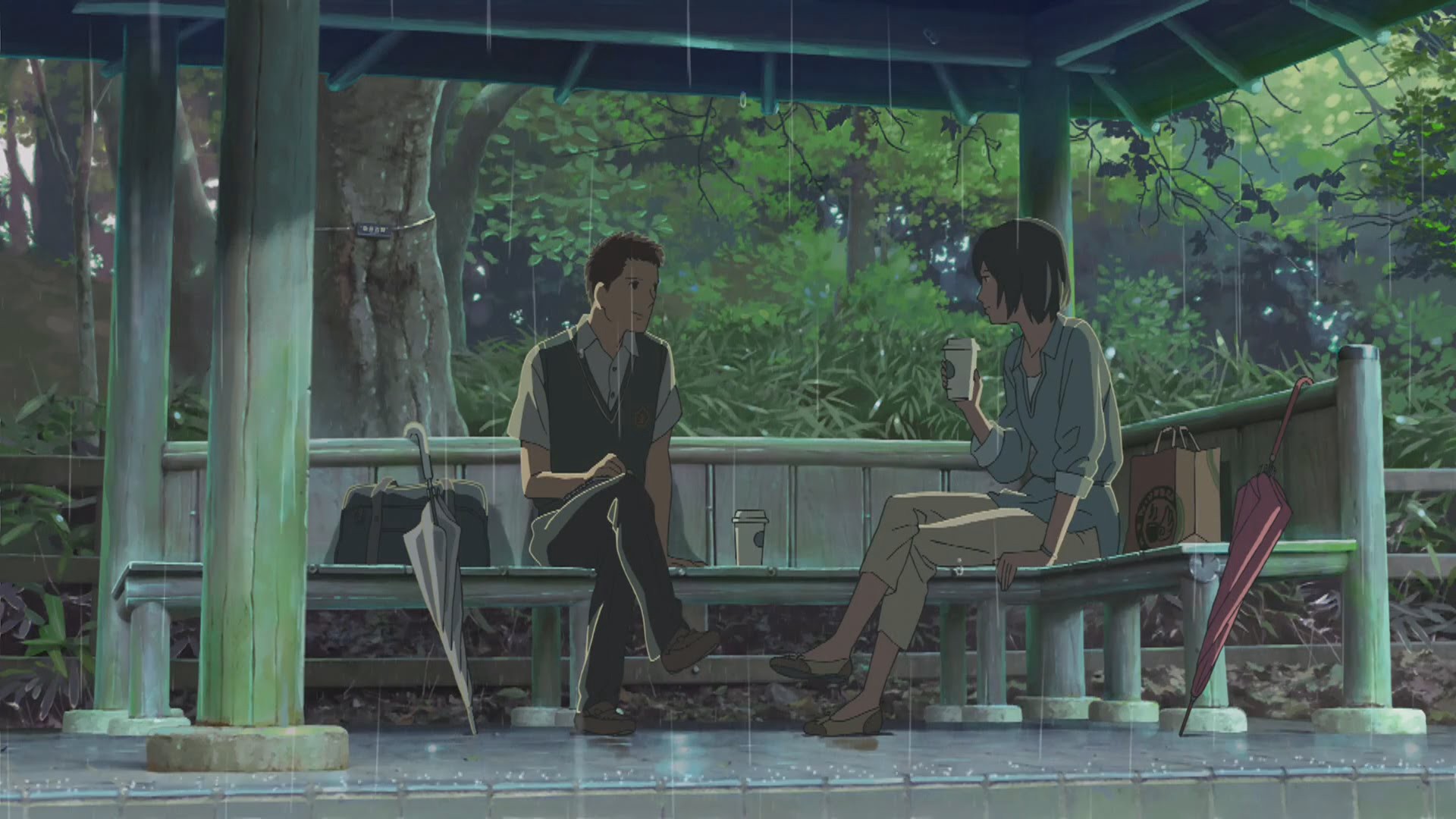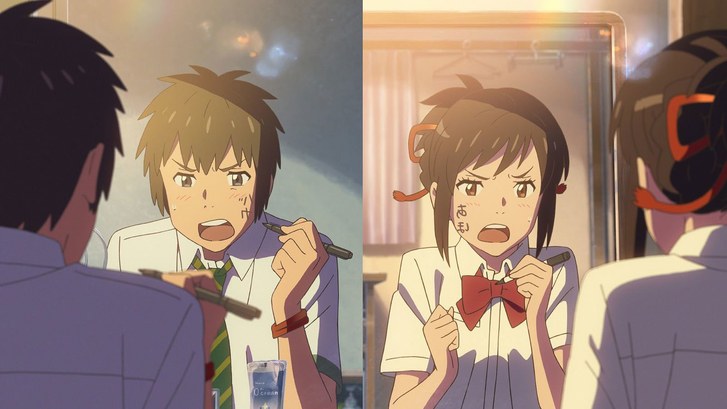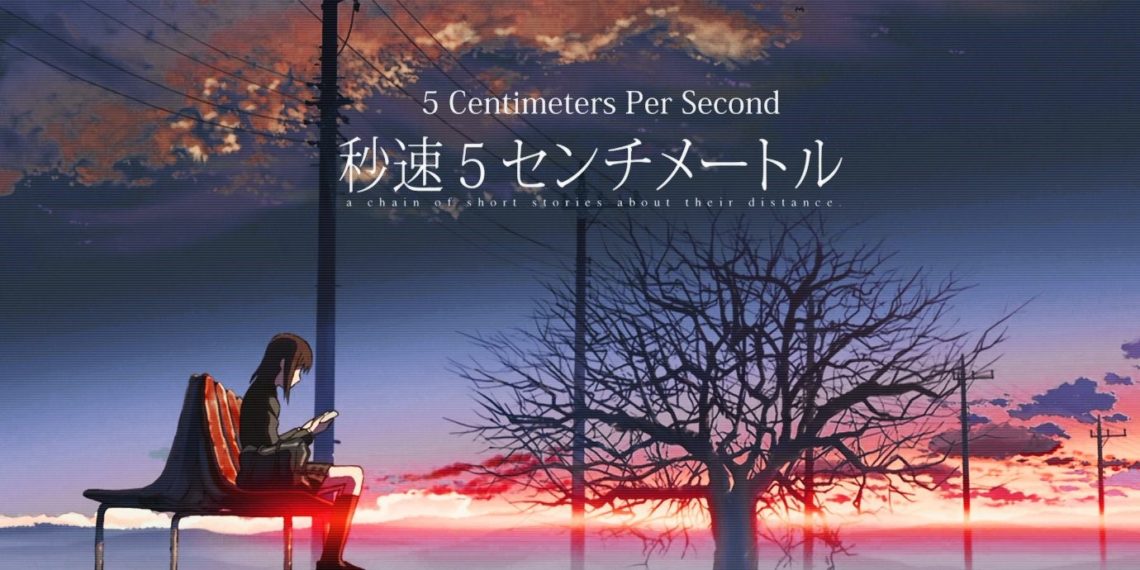

Write what you are looking for and press enter to begin your search!

Live News


The Best Makoto Shinkai Films, Ranked

By Melvyn Tan|September 12, 2019|0 Comment

Set in the same universe as The Garden of Words and Your Name, Shinkai’s latest outing has a runaway teen meeting a girl with the power to pray away the rain. The rain-heavy focus brings The Garden of Words to mind, while its heroine’s connection to the otherworldly harks back slightly to Voices of a Distant Star.
Of course, most of its similarities are shared with the director’s previous hit film, thanks to the character designs, expectedly impressive backgrounds, and RADWIMPS’ involvement in the soundtrack. And yet, Weathering with You feels noticeably different from its predecessors.
The story feels a little lightweight even compared to Your Name, which itself marked a shift from the pervasive melancholy of Shinkai’s other works.
There are scattered moments that show its potential to go dark, with some early scenes portray the less flattering side of Tokyo, but it avoids becoming too heavy.
That choice is both a blessing and a curse. It’s good that it crafts its own identity instead of trying to mimic Your Name, but going down a darker route and invoking some of the old Shinkai melancholy would’ve provided heft to its proceedings.
As it is, it’s an enjoyable film that could’ve been more special.

Despite its near-future setting, Dareka no Manazashi (“Someone’s Gaze“) is devoid of space battles or alternate dimensions, allowing it to focus fully on its main characters. In seven minutes, it tells a heart-warming tale about family bonds.
A couple more minutes might have been beneficial, as the narration sounds as if it’s conscious of the short run-time. Its touching moments, however, do not feel artificial in the slightest.

The Garden of Words’ visuals have lost a bit of their lustre thanks to Your Name and Weathering With You’s respective sceneries, but it remains a strikingly gorgeous film.
It’s no exaggeration to say that nearly every frame is wallpaper-worthy, especially the ones which feature rain, which has a permeating presence. While it also has detailed apartment interiors (pretty much a Shinkai staple at this point), realistic character designs and pronounced shading set the visuals apart from the director’s other films.
The leads here are a 15-year old aspiring shoemaker (who oddly looks more like a college student) and a twenty-something woman voiced by Kana Hanazawa. Brought together by rain, the duo’s meetings are quietly compelling, and their longing for more rainy mornings so that they can see each other again is both convincing and faintly palpable through the screen.
The melodramatic climax and the sometimes overbearing nature of the soundtrack are noticeable shortcomings, but the film is still a solid and beautiful-looking 46 minutes that manages to flesh out its characters within its runtime.

“Mainstream” was a word that immediately came to mind when I first saw Your Name’s poster, and the film itself doesn’t dissuade that notion either. It’s perhaps the most accessible Shinkai film despite having supernatural elements, ditching moodiness for an easily appealing teen romance story in which two likeable teens, Taki Tachibana and Mitsuha Miyamizu, mysteriously swap bodies and eventually fall in love with each other.
As it turned out, Your Name’s deviations from the usual Shinkai atmosphere made it a special experience rather than a bland one.
The RADWIMPS soundtrack eschews perpetual glumness, utilizing instead a catchy mix of unexpectedly energetic J-rock tunes and slower melodies to evoke emotions with startling deftness.
And by not being tonally depressing from the get-go, the film’s main emotional moments, aided by the soundtrack, hit with the force of a small comet when they arrive.
The ending becomes a test of how long one can stay tear-free while RADWIMPS singer Yojira Noda croons the words “mou sukoshi dake de ii” (“just a little more”) over and over. Your Name arguably wasn’t the best anime film of 2016, but its popularity is well-deserved.

5 Centimeters Per Second is split into three connected parts, each tackling the theme of longing and distance. In the first, close friends Takaki Tono and Akari Shinohara struggle to stay connected after both moved house in a pre-internet age.
In the second, Takaki’s high school underclassman grapples with her feelings for him, while he remains aloof due to his continued fixation on Akari. In the third, Takaki, now an adult, continues to be weighted down by his attachment to the past.
Although its age is more apparent now, it continues to be a delight for the eyes. The backgrounds – especially some stunningly detailed interiors – ensure that the film isn’t short of wallpaper-worthy scenes.
While the narration occasionally gets in the way of the immersion, the film’s story succeeds thanks to its sentimental atmosphere, which owes a lot to the finely-crafted score by composer Tenmon (who has often collaborated with Shinkai).
It also has some memorably effective moments, like an excruciating train journey and an ending so bittersweet that Your Name’s happy conclusion felt like a much-needed emotional catharsis. Your Name is better at conjuring tears, but 5 Centimeters Per Second’s sentimental beauty makes it a little more special.

By Kakuchopurei|December 20, 2017
Dallas Fuel's newest recruit, tank-main and controversy magnet, Félix "xQc" Lengyel yesterday issued an apology via his YouTube channel to...

By Syazwan Bahri|May 27, 2019
Ever since I've become Kakuchopurei's resident Apex Legends player, I've come to realise that the collection of Apex Legends skins are quite intere...

By Alleef Ashaari|January 4, 2024
Marvel's Echo is a new Marvel Cinematic Universe series, which will premiere on 10 January 2023 on Disney+ Hotstar. The synopsis reads: Marvel Stu...

By Lewis Larcombe|December 15, 2024

By Jon Toyad|December 4, 2024

By Lewis Larcombe|November 29, 2024

By Kakuchopurei|November 23, 2024

By Alleef Ashaari|December 26, 2024

By Alleef Ashaari|December 26, 2024

By Alleef Ashaari|December 26, 2024

By Alleef Ashaari|December 25, 2024

By Lewis Larcombe|December 15, 2024

By Jon Toyad|December 4, 2024

By Lewis Larcombe|November 29, 2024

By Kakuchopurei|November 23, 2024

By Lewis Larcombe|December 15, 2024

By Jon Toyad|December 4, 2024

By Lewis Larcombe|November 29, 2024

By Kakuchopurei|November 23, 2024
Copyright @ Kakuchopurei 2024